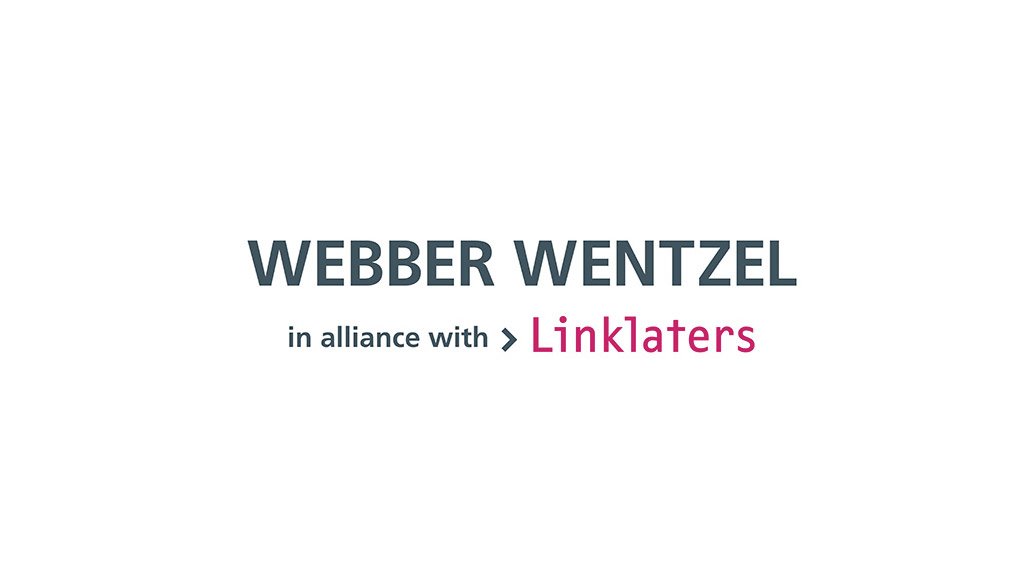Ruth Gondwe, a manager at Webber Wentzel Fusion recently had a conversation with an attorney about his use of technology, which sparked a discussion on artificial intelligence (AI) and its impact on the legal industry. A question arose from the attorney's excitement about how technology helped him save time on transaction management and contract reviews: would this result in fewer billable hours?
The attorney mentioned that it does not reduce his billable hours but rather frees up valuable time to focus on what matters. While new clients can be brought in, there are only so many hours in a day. This sentiment captures a typical issue in the data-driven legal industry. Court transcripts, commercial agreements, and policy introductions happen daily. Advances in technology are emerging to help legal experts keep pace with this ever-growing volume of spoken and typed text.
A survey by Marc Brysbaert recorded that the average person reads 238 words per second, whereas AI like Anthropic's Claude AI can read and analyse 75,000 words within the same time. It's no wonder that there is so much buzz around AI and its capabilities for the future of the legal industry. Most of these conversations, however, focus centrally on legal careers and AI’s potential employment effects. For those who have heard more about the buzz of the effects of AI on legal jobs than the substantive discussion of Generative AI(GenAI), here is a broad and simplistic description of GenAI and how it works.
GenAI, like ChatGPT, relies on large language models (LLMs). These models understand language by cataloguing words, identifying relationships, and defining concepts. For ease of mind, imagine AI as a librarian making sure that each word is carefully organised within these models, like items in a well-organised library. LLMs also recognise how words relate to each other. For example, the word “green” can mean a colour, refer to eco-friendly practices (green energy), or describe someone new to a situation (green at a job). By using these connections, LLMs create meaningful responses based on the input they receive.
GenAI combines this language understanding with mathematical algorithms to generate coherent text.
The mathematical element of GenAI suggests the next word based on what has already been input, much like predictive text on smartphones. However, this mechanism operates on a much larger scale in GenAI. The program finds patterns in a massive amount of online text, analyses it, and forecasts the best words or phrases to use when responding to queries.
For Legal departments GenAI can streamline workflows in ways such as:
- E-Discovery document review and summaries
- Legal research
- Drafting memoranda, contracts, clauses, emails, legal briefs, and motions
- M&A due diligence
- Simplification of text to the right level of understanding
- Creation of checklists
- Redlining documents
- Editing writing
A cautionary word though: while GenAI offers these efficiencies and innovation, there are valid concerns surrounding GenAI and its integration into legal practice. These include privacy, security, and ethical considerations. There are also other concerns about accuracy and misinformation. For example, there have been recent instances of attorneys submitting fabricated pleadings generated by AI tools, raising the need for due diligence and responsible use. Overcoming these ethical concerns and ensuring responsible implementation is therefore critical in adopting AI.
Webber Wentzel Fusion is a catalyst for new legal technology products and entrepreneurial initiatives to supercharge how Webber Wentzel serves its clients. Learn more here: Alternative Legal Services and Legal Technology - Webber Wentzel Fusion
EMAIL THIS ARTICLE SAVE THIS ARTICLE ARTICLE ENQUIRY
To subscribe email subscriptions@creamermedia.co.za or click here
To advertise email advertising@creamermedia.co.za or click here











